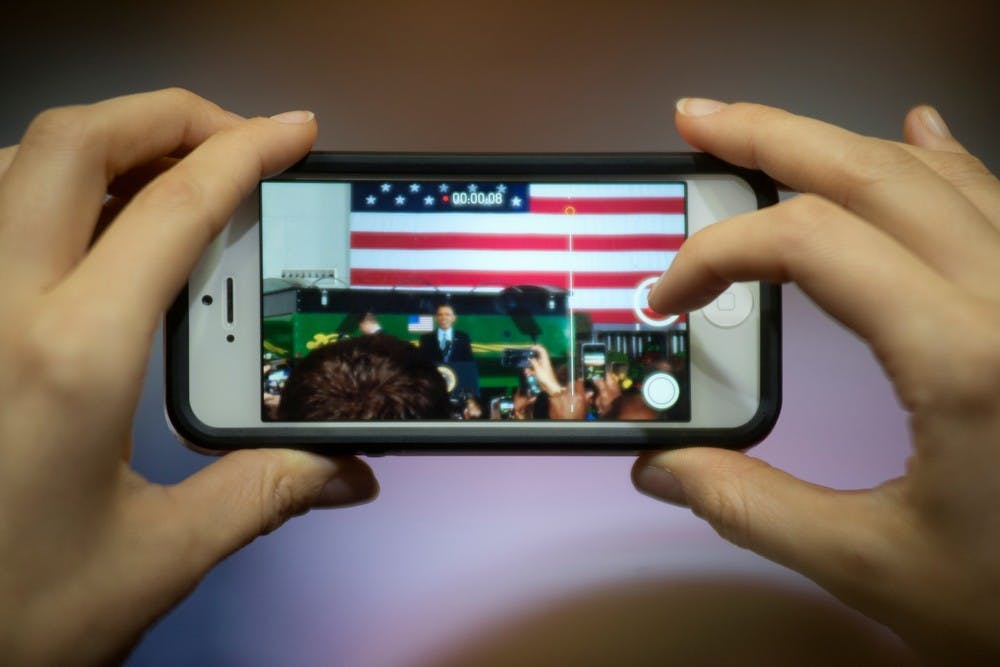Social media has forever changed the way people interact socially and even politically. The millennial generation, comprised of those born between the years of 1984 and 2004, represent the bulk of those who use social media. They also represent the present and future of the general electorate.
Yet, millennials have showcased a steadily mediocre voter turnout rate since the fervor of the 2008 presidential election.
That year, voters under the age of 30 boasted an unprecedented 52 percent turnout rate, followed by 45 percent in 2012, according to the Pew Research Center.
In 2014, young voter turnout decreased drastically with only 23.1 percent turnout.
While 2014 was a midterm election, it does show a trend of declining participation from millennials.
Social media seemingly failed to amass young voters in 2014 despite “Rock the Vote” interaction from juggernaut names in pop culture and media.
MSU students provided their own opinion on the falling participation rates as well as how social media has affected modern American politics.
Many students feel social media has allowed for the common electorate, namely millennial students, a microphone to voice their political opinions as well as remain informed on contemporary issues.
Social media has “exposed us to more,” said education senior Sarah Baker.
She feels it is important for her to be politically active for her career and social media facilitates her involvement.
However, social media “saturates politics,” Baker said, often times to an extent where individuals are tired of constant coverage and passionate opinions.
Zoology sophomore Raven Williams-Fullman is not overtly politically active but enjoys reading the occasional Facebook post on monumental decisions and current happenings.
She feels social media has provided an avenue for “too many biased and extreme” points of view to plague news feeds.
As a result, both students feel the perpetual coverage has further polarized viewpoints and cultivated “political apathy,” Williams-Fullman said, adding that she feels the drop in young voter turnout is due to citizens feeling as if their vote is meaningless amongst such radical standpoints.
Students aren’t the only ones connecting the dots between online politicking and voting. Christine Greenhow is a professor of educational technology in MSU's College of Education.
Millennials are “turned off by the lack of action that has resulted when the parties effectively thwart each other's efforts at change"
Christine Greenhow, professor of education
Millennials are “turned off by the lack of action that has resulted when the parties effectively thwart each other's efforts at change,” she said.
However, Greenhow doesn’t believe this signifies political apathy amongst college students.
In fact, social media is so effective in providing accessible news, political or otherwise, that college students are even able to obtain “more knowledgeable about the issues,” and are “less willing to affiliate with one party,” she said.
Support student media!
Please consider donating to The State News and help fund the future of journalism.
Greenhow remains optimistic about social media’s impact in political activism because it extends to a realm “that goes beyond voting,” she says.
Students can now use multiple means of social media as a rallying cry for more immediate responses to a plethora of issues that really matter to them, Greenhow said.
Discussion
Share and discuss “MSU students and professors recognize the significance of social media and the Millennial vote” on social media.







